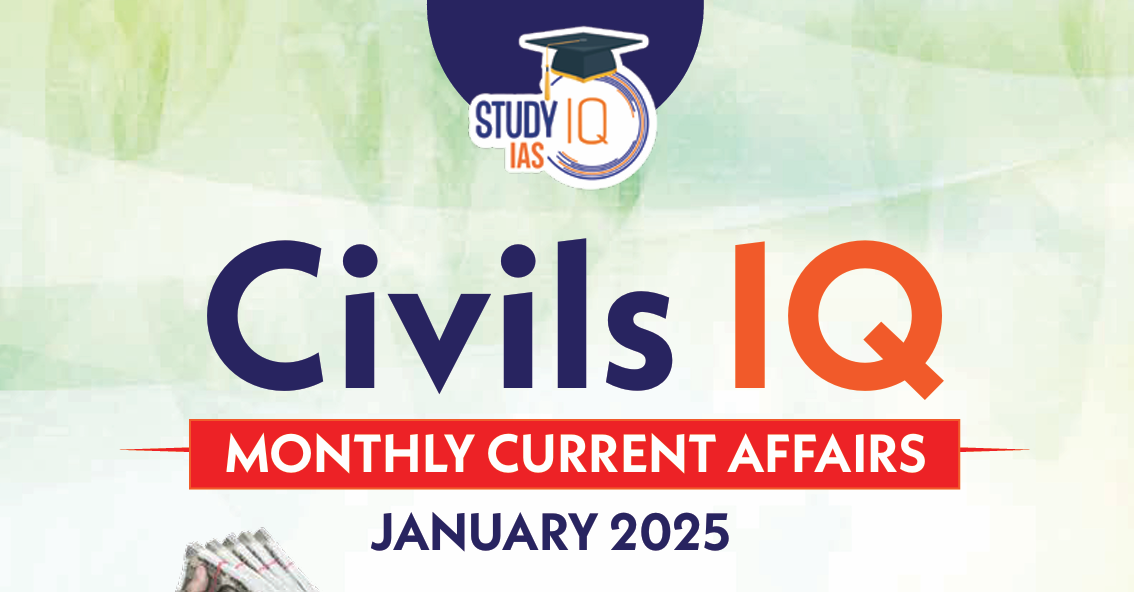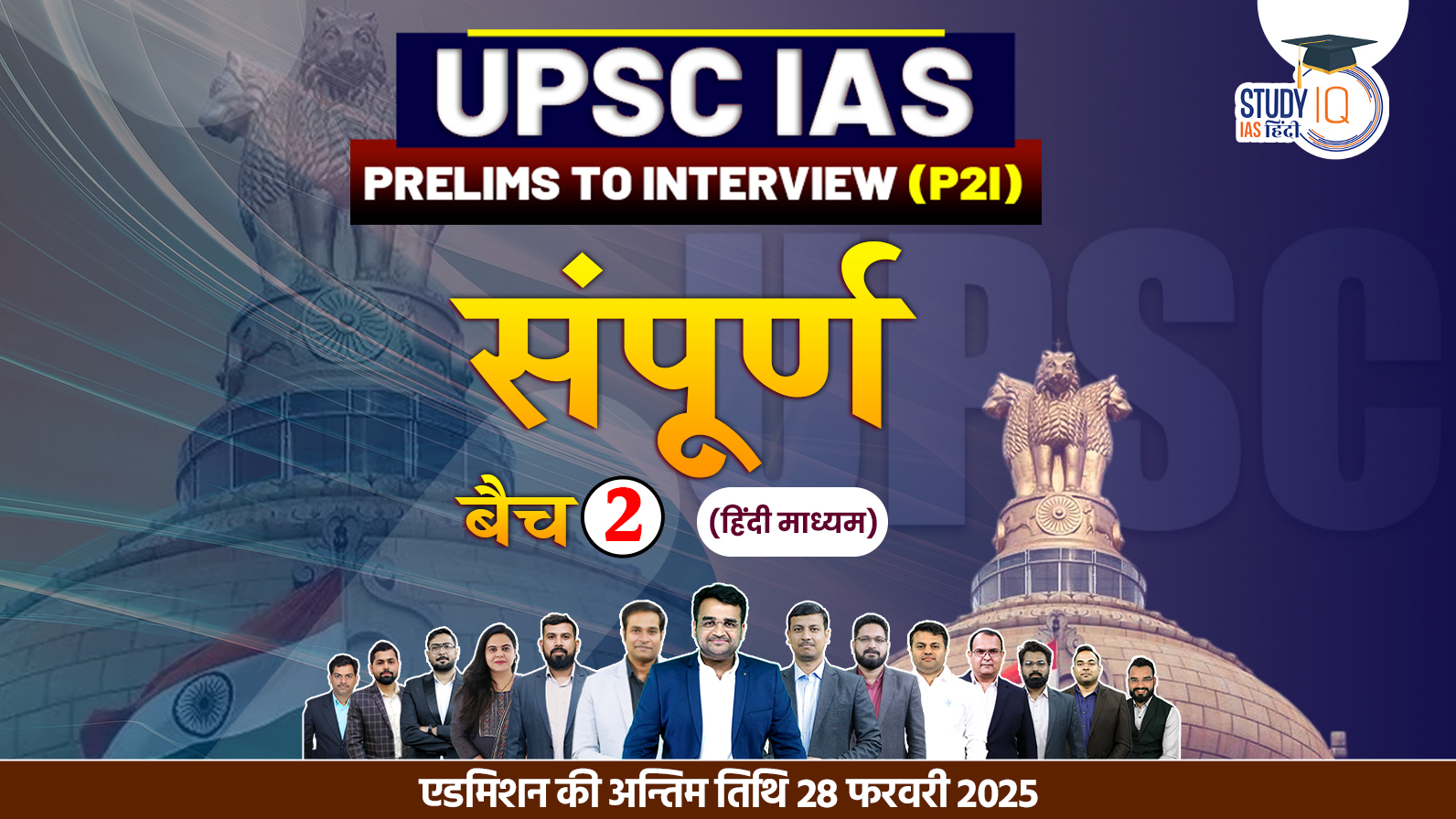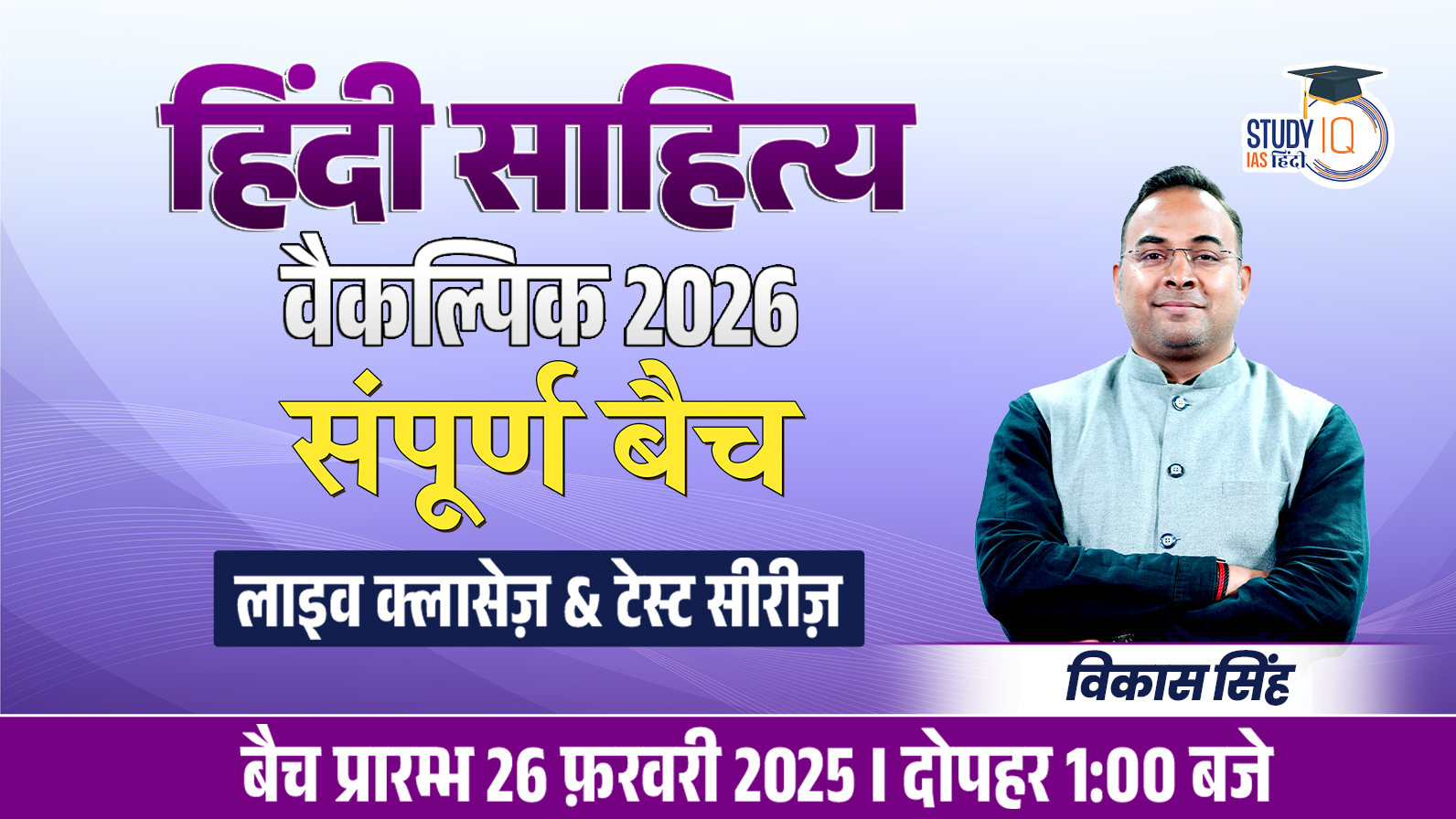Table of Contents
Introduction
- Definition: Globalisation is the process of increased interconnectedness, mutual interdependence and integration of economies and societies to an extent where change in one part of the world affects the rest of the world as well.
OR
- Quote: In the words of Zimmermann, ‘Resources are not, they become’. Hence, something which isn’t a resource yet can be turned into one using technology.
OR
- According to the 2011 census, 455 million persons were migrants based on the place of the last residence, which constitute about 37% of the total population of the country. This figure indicates an increase of around 44% from 2001 (314 million) and 97% from 1991 (231 million)
Body
Globalization has increased urban migration by skilled, young, unmarried women from various classes
-
- Globalised job markets: Growth of IT, finance, healthcare, hospitality industries have been concentrated in urban centres.
- Eg: Cities like Hyderabad, Mumbai and Bengaluru have become IT and finance hubs.
- Eg: Women pursuing jobs in MNCs like Google, Microsoft and Accenture
-
- Female workforce participation: Social security benefits such as menstrual leaves in India and Japan fosters female labour force participation.
- Deter child marriage: With the adoption of the Sustainable development goal of Gender equality, child marriages have been on a decline and target 5.3 of SDG aims to eliminate the practice by 2030
- Reducing double burden: The burden on a woman’s shoulder remains as a disproportionate responsibility of child rearing with instances of women leaving jobs post pregnancy.
- Eg: Growth of Gig economy
Impact on personal freedom and relationship with the family
Personal freedom
Positive Impact
-
- Economic independence: Increased access to higher education and job opportunities has helped in reducing the pressure of early marriage and childbirth.
- Eg: Right to bodily autonomy interpreted under Article 21
-
- Breaking traditional norms: Living independently in cities provides Women the space to explore their personal identity, dress as they choose, and form social networks that reflect their interests, rather than conforming to strict familial or community expectations.
- Eg: Western attire like Jeans and Shirts are preferred over Sarees
Negative Impact
-
- Social media: Unrealistic expectations and conspicuous consumption lead to body shaming, online stalking and threats.
- Eg: As per NCRB data, crime against women has risen to 15% in 2021.
-
- Socio-cultural expectations: Continued occupational segregation under the pink collared jobs such as nurses, beauty and wellness services and other caregiving work.
- Eg: India ranks 135 among 156 countries in the Gender Gap Index, 2022
- Mental health issues: As per the Global burden of disease study, Indian women had twice the suicide death rate as compared to the global average. Amongst the 15-39 age group, suicide became a leading cause of death with 71% suicide deaths among women in this age group.
Relationship with the family
Positive Impact
- Secularisation of customs: Rising preference for court marriages over big fat Indian weddings.
- Emotional maturity: As young women become more self-aware and emotionally resilient through their experiences in urban areas, they are often better equipped to handle family dynamics with patience and understanding.
Negative Impact
- Nuclearisation of families: A shift in the families value system is seen as a common phenomenon now in urban settlements.
- Eg: Rise of Neolocal knits instead of the traditional joint family system.
- Emotional detachment: Parents and relatives may feel that the woman is moving away from family values and traditions.
- Eg: Guilt over abandonment of family duties
Conclusion
Dr. B.R. Ambedkar has rightly said the progress of a community should be measured by the degree of progress women have achieved. Therefore, envisioning the future depicted in India@2047 and Amritkaal, the role of women stands as a beacon of progress and transformation.
| Related Post | |
| UPSC Mains GS 1 Question Paper 2024 | UPSC Mains GS 1 Analysis 2024 |
| UPSC Mains Essay Question Paper 2024 | UPSC Mains Essay Analysis 2024 |
| UPSC Mains GS 2 Question Paper 2024 | |


 Best UPSC Online Coaching 2025, Join Stu...
Best UPSC Online Coaching 2025, Join Stu...
 UPSC Previous Year Question Papers, Down...
UPSC Previous Year Question Papers, Down...
 UPSC Apply Online 2025, Last Date to App...
UPSC Apply Online 2025, Last Date to App...





















